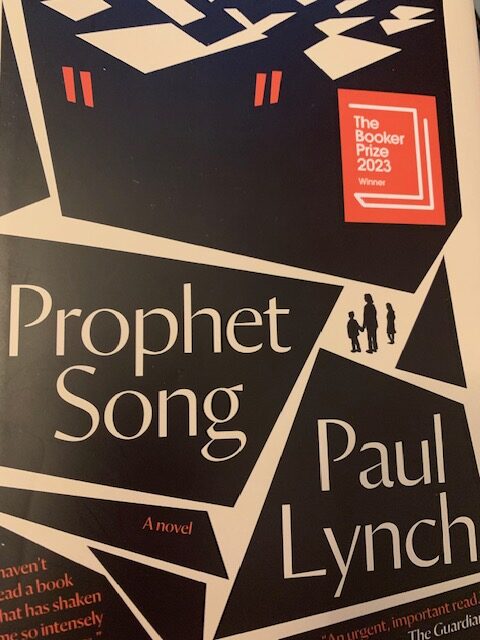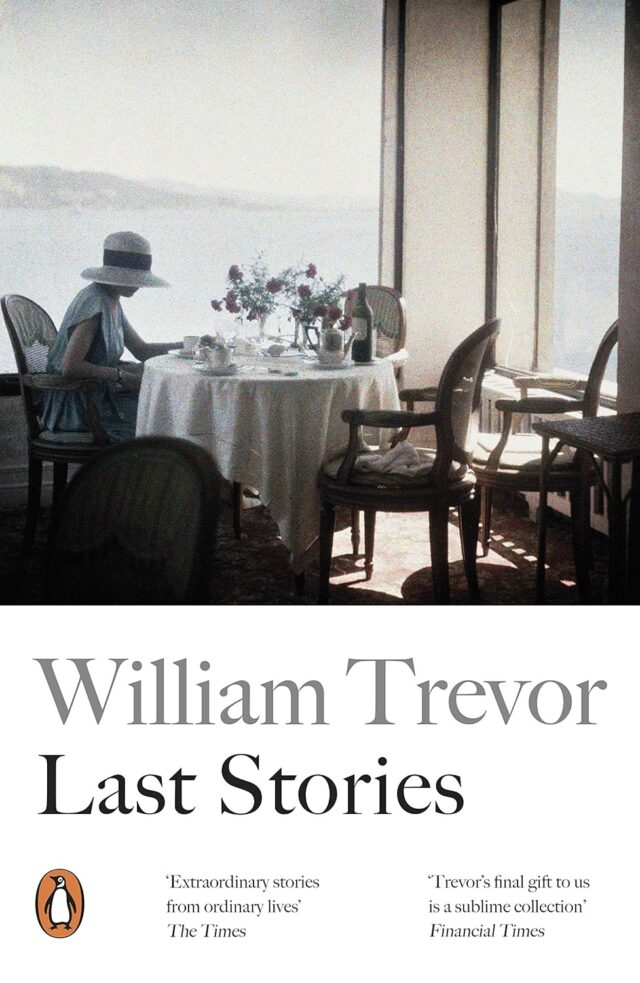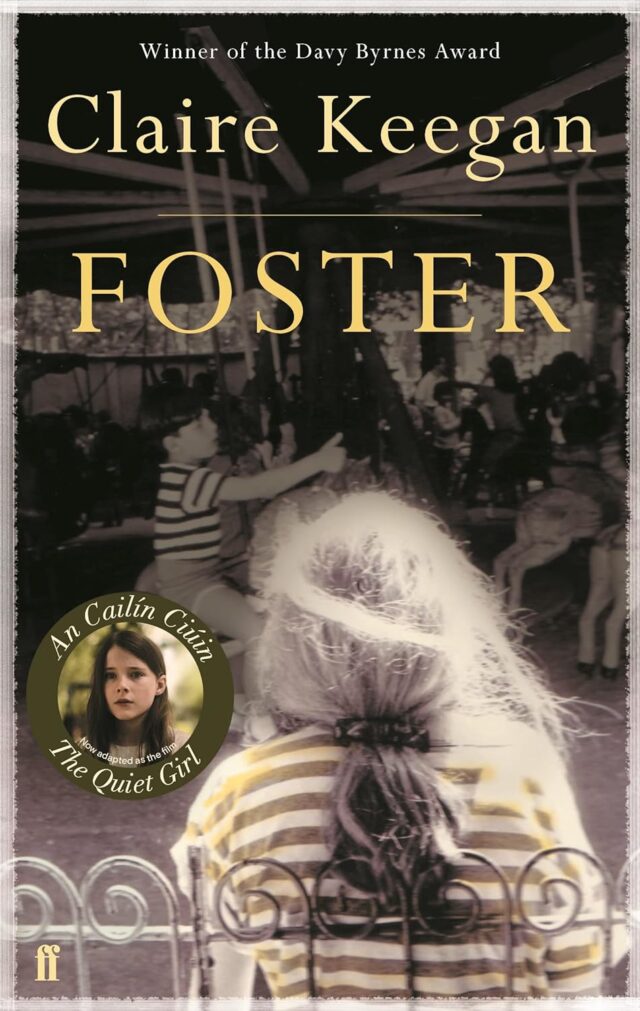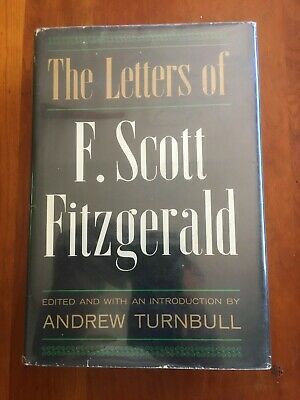This book, winner of one of the literary world’s most prestigious awards—the 2023 Booker Prize for the “best piece of English language fiction published in the United Kingdom and Ireland in a given year” —is my first introduction to the Irish writer Paul Lynch.
For some readers, Lynch’s depiction of a society unravelling under a totalitarian government in the Republic of Ireland—is a figment of a wild imagination; for others tuned in to our changing world—this novel is a clarion call reflecting how much the world is changing before our eyes—and in very distinct ways becoming almost unrecognizable.
The author’s writing is lyrical, meditative and unconventional, with no paragraphs or quotation marks and long run-on sentences reminiscent of James Joyce and a stream of consciousness style reminiscent of Virginia Wolff.
I loved the first 200 pages and thought it was brilliant and innovative.
Lynch is a masterful storyteller and is adept at depicting how an ordinary government can descend into totalitarianism. It could not be timelier than now.
A middle–class family in Dublin has their comfortable lives upended as a tyrannical government takes control of every facet of their lives beginning with an unannounced visit from the Garda National Services Bureau—a newly installed government unit.
Eilish Stack, a biologist and mother of four hears a knock at the front door. There are two plainclothesmen—the older one a detective inspector—standing outside who want to speak to her husband Larry, the deputy general secretary of the teacher’s union. She’s told, “It’s nothing to worry about.”
What follows is a slow descent into a nightmarish world—where life as she knew it begins to slowly disappear before her eyes.
There is a strong sense of panic throughout. However, as the novel progresses, I felt manipulated when there was no need to manipulate. The author made his case in the first 200 pages. The ongoing sense of hysteria continued at a fever pitch—this, combined with the run-on style of writing, became burdensome toward the end. The scenario became too extreme and less convincing. I would have preferred a slower, more satisfactory pace toward the end, with more closure about Eilish’s son Mark and her husband Larry—both prisoners of the State and both lives partially told—the latter, Eilish’s husband Larry, being totally eclipsed from the novel, leaving Eilish to tell the tale.




